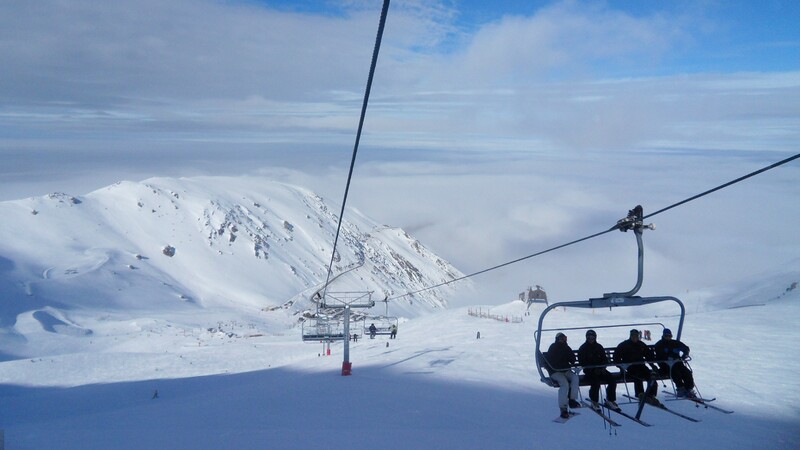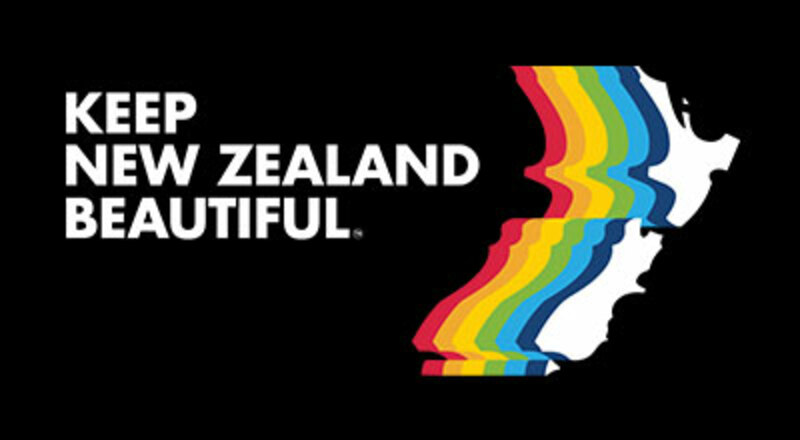Haere mai ki te R1 News on Radio One 91FM, the student radio station at the University of Otago.
Get the scoop on local, national and international current affairs with our daily news bulletin. Dive deeper into news stories with our expert interviews. Stay in the know with happenings in Ōtepoti Dunedin and beyond with our recurring panel of guests. Only on Radio One 91FM, the R1 News, weekdays at 1pm - and right here, where we upload our show daily!
News. From the Campus to the Beehive. For students by students.
Interested in finding out more?
You can follow us on Instagram: https://www.instagram.com/r1newsnz/
Check out our website: https://www.r1.co.nz/news
You can find our podcasts on Spotify at R1 News or wherever else you get your podcasts - just search for R1 News by Radio One 91FM!
Interested in joining the R1 News team? Got a news tip?
Email us at: news@r1.co.nz
Made with the support of NZ On Air.
Green MP Chlöe Swarbrick: Local government crucial to efficient decision making; stronger relationship between local and central government needed
Council body elections will be held in early October, and with numerous local and national burgeoning concerns such as Three Waters and climate change, it’s time to have a look at the powers and importance of Aotearoa's councils.
Auckland-Central MP and Green Party Local Government spokesperson Chlöe Swarbrick says voters ought to get more involved with council body elections, as councils make large decisions for their everyday lives and can make those decisions much faster than central government.
Swarbrick also stressed the importance of local government requiring more Māori representation on councils to uphold Te Tiriti, and voiced that the relationship between local and central government needs to be on fairer ground.
Filmmaker threatens boycott of documentary festival over Israeli embassy funding
A group of filmmakers selected for the DocEdge International Film Festival have signed an open letter to the festival calling for DocEdge to drop funding from the New Zealand Israeli Embassy. Earlier in the week, Kaia Kahurangi Jamieson spoke to petition author and filmmaker Cole Yeoman about the intentions of the letter and its signatories concerns regarding the funding.
Kiringāua Cassidy, translator for Frozen reo Māori, on platforming te reo & te Ao Māori through Disney cartoon classics

Over Matariki, Aotearoa welcomed a new version of Disney’s The Lion King, translated into te reo Māori. The film hit cinemas after being translated, fully recast and overdubbed in te reo Māori over the course of a year. Disney is currently working on adding Frozen to their repertoire of translated films, alongside The Lion King and Moana. Earlier this week, I spoke to Kiringāua Cassidy, translator for Frozen reo Māori, about the importance of platforming Māori language through cartoon classics, and what this could mean for the future of the Māori film industry.
Weekly Snow Report with OUSSC

Peter from the Otago University Snow Sports Club breaks down the South Island’s snow report and mountain conditions for the week ahead, concluding with his top picks for skiing this weekend.
Keep New Zealand Beautiful announces annual clean-up week

Keep New Zealand Beautiful has announced the return of its annual Clean Up Week, Aotearoa’s largest movement against litter, scheduled for September 17th-23rd. Last year over 30,000 volunteers took part in the event, collecting approximately 300 tonnes of litter over the course of the week. KNZB Deputy Chairperson and Zone 5 Representative Mandy Mayhem-Bullock joined to fill us in on the details and importance of the event.





 Live stream
Live stream





